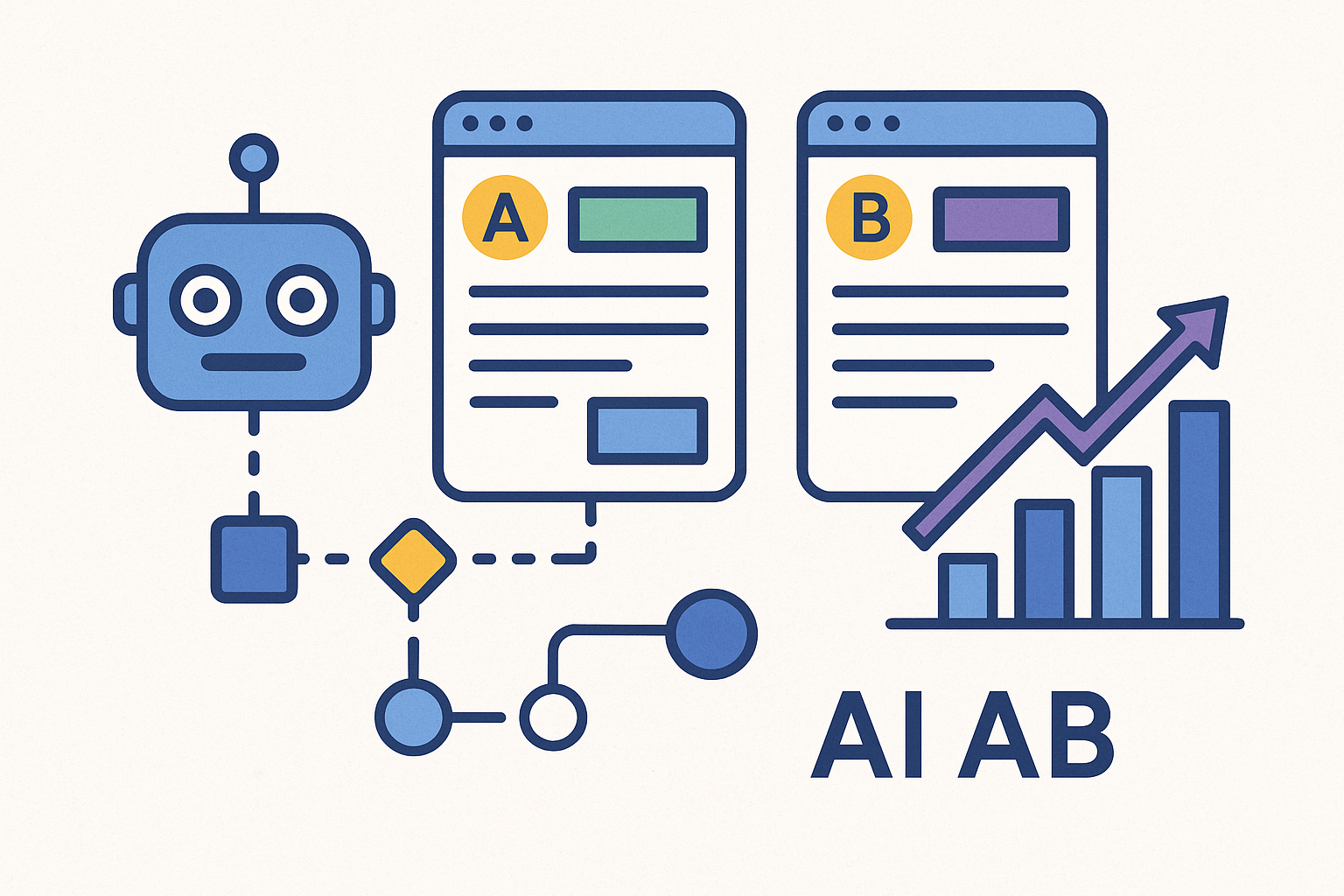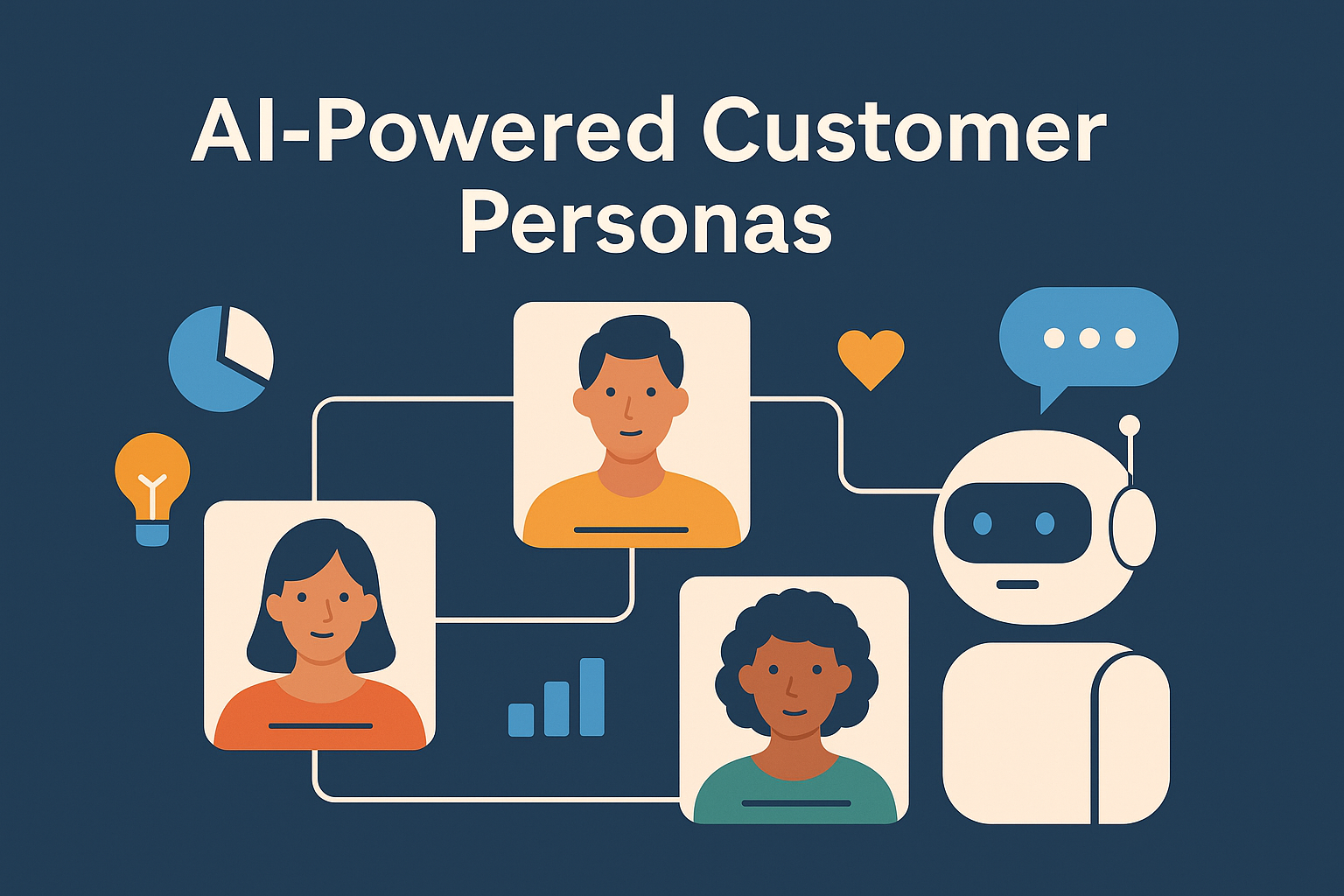Building a Customer Knowledge Base Using AI

Creating a customer knowledge base is one of the most effective ways to scale support, reduce repetitive inquiries, and improve your users experiences.
Utilizing AI not only accelerates this process but also ensures your knowledge base stays fresh, relevant, and user-friendly.
A knowledge base typically includes articles, FAQs, how-to guides, video tutorials, and troubleshooting steps. When done correctly, it helps customers find answers quickly and independently, reducing the burden on support teams.
The challenge, however, is creating content that is clear, searchable, and always up to date.
Many teams launch a knowledge base with good intentions but find it hard to keep up as products evolve and questions shift.
First, let’s look at content generation.
AI writing tools can help draft initial versions of support articles based on existing documentation, user queries, or transcripts from live support interactions.
For example, if customers frequently ask the same questions via chat or email, AI can identify those patterns and suggest new articles to cover those topics. Tools like Jasper, ChatGPT, or Document360’s AI assistant can speed up this process dramatically.
Next, AI enhances searchability.
One of the biggest complaints about traditional knowledge bases is that users can’t find what they’re looking for.
AI-powered search engines understand natural language queries and context, helping users locate relevant content even if they don’t use exact phrasing. Tools like Algolia and Coveo integrate with your knowledge base to deliver more intuitive and accurate results.
AI also improves tagging and categorization. Rather than manually assigning topics or keywords, machine learning models can automatically classify content based on semantics. This makes the knowledge base easier to navigate and keeps related topics grouped logically, improving the overall user experience.
Personalization is another benefit.
AI can recommend articles based on a user’s profile, behavior, or support history. If a returning customer has a known issue with billing or a specific product feature, the knowledge base can prioritize articles that address those needs. This contextual relevance makes self-service feel more helpful and tailored.
Analytics driven by AI can also help you understand how users interact with your knowledge base.
-Which articles are most viewed?
-Where do users drop off?
-What search terms lead to zero results?
These insights can inform both content strategy and product improvements. For example maybe you found that a confusing onboarding step is generating lots of traffic to support content, indicating it needs to be redesigned.
One emerging trend is the use of conversational AI to serve up knowledge base content via chat interfaces.
Rather than forcing users to navigate a website manually, chatbots like Intercom Fin or Zendesk’s AI agents can surface help articles in response to natural language questions. This hybrid model combines the power of self-service with the speed of real-time assistance.
Think of AI as your content co-pilot, making the hard parts easier so your team can focus on quality.
Here is a quick guide to help get you started:
1- Audit your existing support interactions for common themes and questions.
2- Feed those into an AI writing tool to generate article drafts.
3- Pair that with an AI-enhanced search engine or chatbot to improve accessibility.
4-Set up analytics dashboards to monitor performance, and build a schedule for periodic content reviews with AI prompts.
Remember that building a customer knowledge base with AI lets you scale support without sacrificing quality. It allows your customers to help themselves which then frees your team to tackle the next set of challenges!










